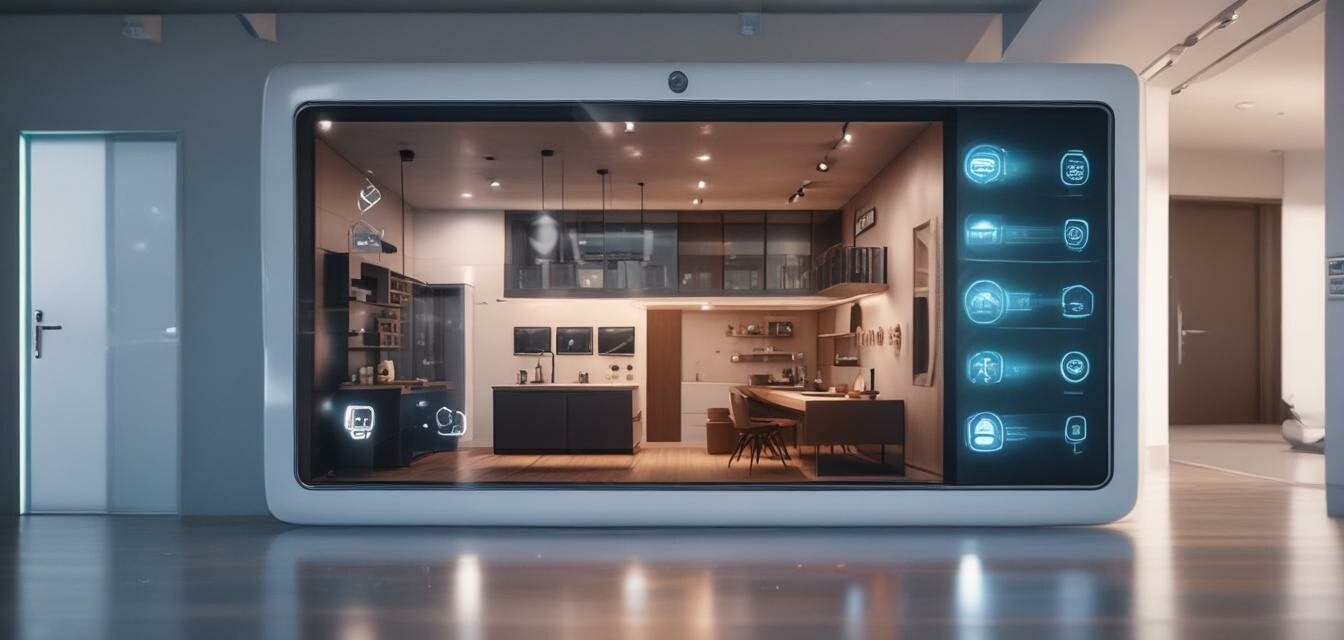
Privacy concerns in smart home security
Key Takeaways
- The rise of smart home security systems brings significant privacy concerns.
- Data breaches and unauthorized access are the major risks.
- Understanding privacy policies is vital for users.
- Using strong passwords and encryption can enhance security.
- Staying updated with security trends can help protect your home.
As we move towards 2025, the popularity of smart home security systems continues to rise. Homeowners are increasingly reliant on technology to provide safety, convenience, and peace of mind. However, with these advancements come significant privacy implications that warrant serious consideration. In this article, we will delve into the privacy concerns associated with smart home security systems and offer insights on how to protect your data.
Understanding smart home security systems
Before discussing the privacy risks, it’s crucial to understand what smart home security systems are. These systems integrate various devices, such as cameras, alarms, motion sensors, and smart locks, to provide enhanced security for homes. They connect to your smartphone or computer, allowing you to monitor and control your security setup remotely. Popular components of these systems often include:
- Cameras
- Smart alarms
- Motion sensors
- Smart locks
- Home automation devices
Privacy implications of smart home security
While smart home security systems provide numerous benefits, they are not without privacy risks. Here are some significant concerns to consider:
Data breaches
As smart home systems collect sensitive information, they become targets for cybercriminals. A data breach can expose user data, including video feeds, personal information, and even access codes.
Unauthorized access
When connected to the Internet, smart devices can potentially be accessed by unauthorized users. If default passwords are not changed, or if strong security measures are not employed, these systems can be easily compromised.
Inadequate security measures
Some smart home security devices lack robust security features. If manufacturers fail to provide regular software updates or vulnerabilities are not addressed quickly, hackers can exploit these weaknesses.
How to protect your privacy
There are several steps you can take to enhance your privacy while using smart home security systems. Here are some practical tips:
Beginner's tips for safeguarding your smart home
- Choose reputable brands: Research manufacturers and opt for those known for prioritizing security.
- Change default passwords: Never use the default passwords provided; create complex and unique passwords for each device.
- Enable two-factor authentication: This adds an extra layer of security by requiring a second form of verification.
- Regularly update software: Keep your devices updated to ensure they have the latest security patches.
- Avoid public Wi-Fi: Connect your devices only through secure and private networks.
Future trends in smart home security privacy
As technology advances, so do the methods used by malicious actors. In 2025, we can anticipate the following trends regarding privacy in smart home security:
| Trend | Description |
|---|---|
| Increased regulation | Governments are likely to impose more stringent regulations for smart devices, urging manufacturers to prioritize data protection. |
| Stronger encryption methods | Expect advancements in encryption techniques that will make unauthorized access more difficult. |
| Enhanced user controls | Manufacturers are expected to offer better user controls for privacy management, such as data deletion options. |
The role of user awareness
User awareness plays a critical role in mitigating privacy risks. Homeowners must educate themselves about the implications of the devices they install. Regularly reviewing privacy policies and understanding how their data is being used can empower users to make informed decisions.
Conclusion
With the shift towards smart home security systems in 2025, it’s essential to remain vigilant about privacy concerns. By understanding the potential risks and implementing best practices, homeowners can enjoy the advantages of modern security technology while keeping their personal information safe. For more information on safeguarding your home, visit our sections on tips & best practices and home security systems.
Pros
- Enhanced security through real-time monitoring.
- Convenient remote access to security systems.
- Integration with smart home devices for automation.
Cons
- Privacy risks associated with data breaches.
- Potential for unauthorized access to devices.
- Dependence on continuous Internet connectivity.
